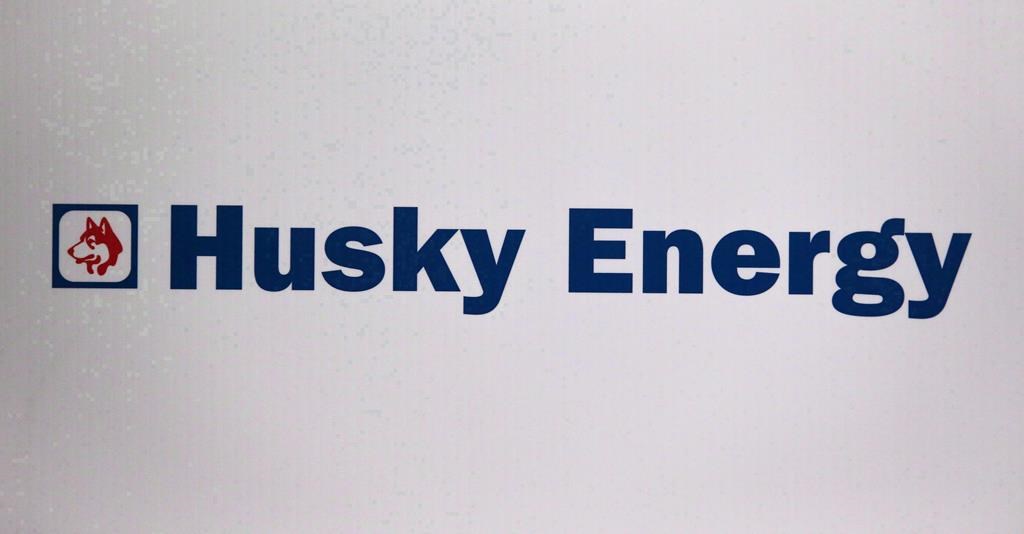CALGARY — Oilsands and refining giants Suncor Energy Inc. and Husky Energy Inc. are rejecting a call by rival Cenovus Energy Inc. for government-imposed production cuts to reduce an oversupply of oil in Alberta linked to steep price discounts.
Suncor spokeswoman Sneh Seetal says the company has no exposure to the “differential” between Western Canadian Select bitumen-blend crude and New York-traded West Texas Intermediate and therefore shouldn’t have to reduce its production.
She says the company’s position is that the market should operate freely and that Suncor should be allowed to benefit from the refineries and upgraders it has built and the pipeline space it has contracted that insulate it from local price discounts.
Husky spokeswoman Kim Guttormson says her company also believes in a “market-based solution,” noting that intervention entails economic and trade risk for Canada.
In a report, analyst Phil Skolnick of Eight Capital says the temporary cuts suggested by Cenovus and supported by some other producers of bitumen would work to clear clogged storage and quickly reduce price discounts on Alberta oil to the benefit of the province.
But he adds that he expects discounts to moderate as companies voluntarily reduce output, crude-by-rail exports rise, U.S. refineries come back on line after fall maintenance shutdowns and the 80,000-barrel-per-day Sturgeon Refinery begins processing bitumen early next year.
Skolnick estimates recent WCS-WTI heavy oil discounts, if held for a year, would equate to an Alberta royalty loss of about $4 billion, an oil industry-related Canadian federal income tax loss of about $13 billion and an annual U.S. federal income tax gain of about $12 billion from higher U.S. refining earnings.
Companies in this story: (TSX:SU, TSX:HSE, TSX:CVE)
The Canadian Press







